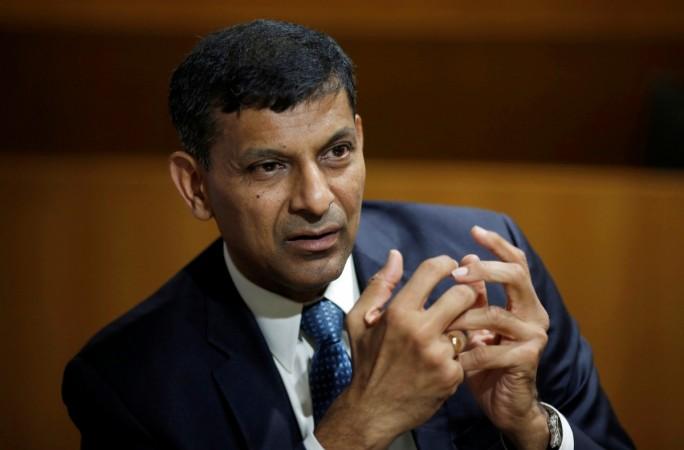
Former Reserve Bank of India (RBI) Governor Raghuram Rajan continues to make headlines since September 4, when he launched his new book 'I Do What I Do: On Reforms Rhetoric and Resolve'.
In a latest salvo at India's financial system and how it is run, Rajan opined that bank boards need to be more independent and should be allowed to hire and fire chief executive officers (CEOs) without taking permission from the government, Business Standard reported.
"When we get there, we will have truly created the distance between the government and the public sector banks. One indication that we have achieved that will be the day we can close down the department of financial services, which continues to introduce sameness in public sector banks," Rajan said at an event in Mumbai.
Speaking on bank mergers and issues that the banking sector is facing with stressed loans, Rajan said it is better to merge banks when they are healthy, but more importantly, banks should focus more on cleaning up their balance sheets.
"There is a little bit of a catch-22 situation — if you don't have the capacity and management capability, it is better not to pursue a merger before bringing them. You have to be careful, because mergers take time and consume a lot of effort, especially if we are merging very different entities, from different areas and with different cultures," Rajan said. "Cleaning up the bank is the single most important task today, bar none," he further added.
Rajan explained that at times, the central bank chief has to speak out on matters where he disagrees with the government. He also said that unlike a bureaucrat, who can hide behind rules, the RBI governor has a duty to warn in public, and say "no" to the government in private if an issue is not in the interest of the country.

Speaking on RBI's autonomy and the central banks functionality, Rajan said, "If you don't have an independent central bank, you may end up like Zimbabwe."
Rajan said that the Indian economy has tremendous potential but its weakness was mostly implementation.
In an interview to PTI, he said India can lecture the world on things such as culture and history, but on growth, it should do that only after achieving 8-10 percent rate for 10 years.
After maintaining silence since he demitted office on September 3, Rajan said that he had flagged his concerns that the short-term costs of demonetisation would outweigh the long-term benefits. He said he had also suggested "alternatives" to achieve the goal of purging black money.
Rajan opined that demonetisation has hit the country's poor the hardest. "It is probably fair to say that demonetisation has had the largest impact on the people who transact informally, of which many might be very poor... As the economy gets remonetised, hopefully, some of them will bounce back but there are also people with very thin buffers. Some informal firms may have closed down because of the kind of stress they experienced and we will have to, over time, see how we can measure and get a full understanding of the impact of demonetisation," he said.
















